ARTICLE AD BOX


17 minutes ago
Katty Kay,US Special Correspondent

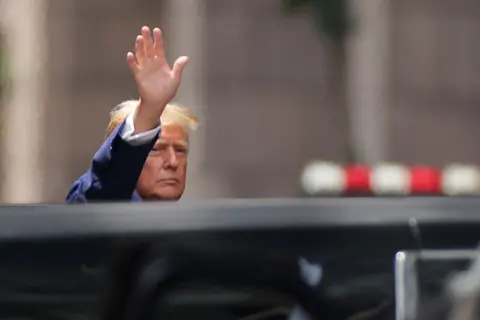 REUTERS/Andrew Kelly
REUTERS/Andrew Kelly
There’s a new front line in Donald Trump’s battle to get elected.
Just minutes after Donald Trump was found guilty on all 34 counts against him, I heard from a person close to the former president who described this moment as a “civil war” within the Republican Party.
The historic nature of Trump’s conviction is being leveraged by his campaign as a sort of roll-call vote to see which politicians will defend the former president and which of them will defend America’s legal system. It appears you can’t do both.
Last night, a weather balloon was sent up.
Larry Hogan, a moderate Republican who is running for an open Senate seat in liberal-leaning Maryland, took to social media to urge all Americans to “respect the verdict and the legal process”.
Within minutes, Chris LaCivita, a top official on Trump’s campaign, posted a crystal-clear reply to Mr Hogan: “You just ended your campaign.” The implication: if you’re not with us on this, you’re politically dead.

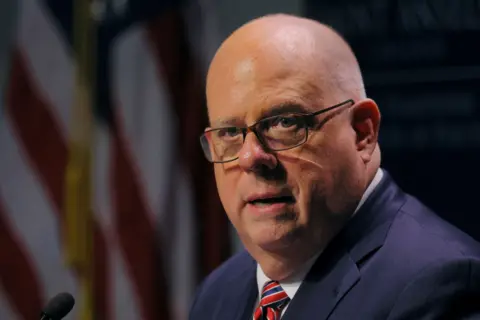 REUTERS/Brian Snyder
REUTERS/Brian Snyder
Former Maryland Governor Larry Hogan has been a Trump critic for years
I asked a different Republican official who had worked on Trump’s last presidential campaign whether he agreed that this moment was a “civil war” for his party. He dismissed the idea. To him, it seems any war that once existed within his party was won long ago - by Donald Trump.
“Even if you don’t like Trump, he’s better than what we’ve got [in Joe Biden],” he said. “It’s an easy choice.”
And for now, it seems that the vast majority of Republican politicians agree with him - at least in public.
Speaker of the House of Representatives Mike Johnson said that Thursday was “a shameful day in American history” and that Trump’s conviction was “a purely political exercise, not a legal one.” Steve Scalise, another top Republican in Congress, said that America’s legal system was operating like a banana republic. Florida Governor Ron DeSantis compared the process to a “kangaroo court”.


But the fiercest defence of the former president may have come from Florida Senator Marco Rubio - who, back in 2016 when they were rivals for the Republican nomination, was one of Trump’s most vocal critics.
“This is a quintessential show trial,” Rubio said. “This is what you see in communist countries. This is what I grew up having people in the [Cuban exile] community tell me about. It happened in the days after the Castro revolution.”
Comparing America’s system of justice - with its independent juries and open trials and rule of law - to that of communist Cuba will stun many Americans. Mr Rubio isn’t just saying that these particular jurors made the wrong call in finding Trump guilty. He is going much further than that. He is making a full-blown denunciation of America’s legal system at large.

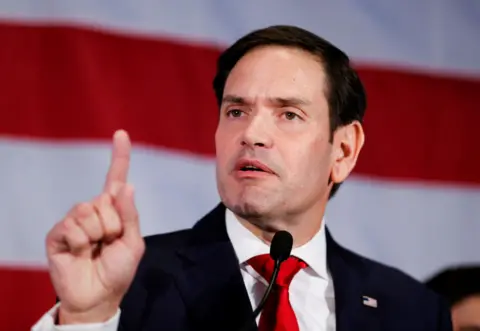 REUTERS/Joe Skipper
REUTERS/Joe Skipper
Florida's Senator Rubio has become a strong Trump supporter
But there’s a clear political strategy here. These types of defences align with Trump’s larger belief that many of his issues are not with individuals - whether they be voters or jurors. Instead, he feels that many of the bedrock structures of American government, like its electoral process and its judicial system, its media, its intelligence agencies, are fundamentally and unfairly rigged against him. It’s why, at his rallies, he calls for the “deep state” to be dismantled, to great cheers.
In Trump’s eyes, a claim that America’s legal system is functioning properly is a de facto critique of him - and to criticise him risks alienating both the former president and his sizable base of supporters within the party. It’s a step that many Republican officials are wary of taking.
It’s too early to tell whether this moment could still bubble into a civil war among Republicans or whether Trump’s years-long grip on his party will ultimately stifle any meaningful wave of dissent.
What’s apparent, though, is how ferocious the Trump camp has been in shoring up support.
Throughout Donald Trump’s political career, there have been a handful of scandalous moments where there was a very real risk that he could lose the support of his party: the Access Hollywood tape, his impeachments, his indictments, the FBI raid on his home - the list goes on.
For now, he seems to have avoided losing the most prominent politicians within his party. But the same might not be true for voters.
Earlier this month, an ABC News/IPSOS poll found that one fifth of Donald Trump's supporters said they would either reconsider or withdraw their support for him if he were convicted of a felony.
In an era when presidential elections are ultimately decided by a few thousand voters in a few swing states, it remains to be seen whether this guilty verdict will ultimately move that dial.

 11 months ago
34
11 months ago
34
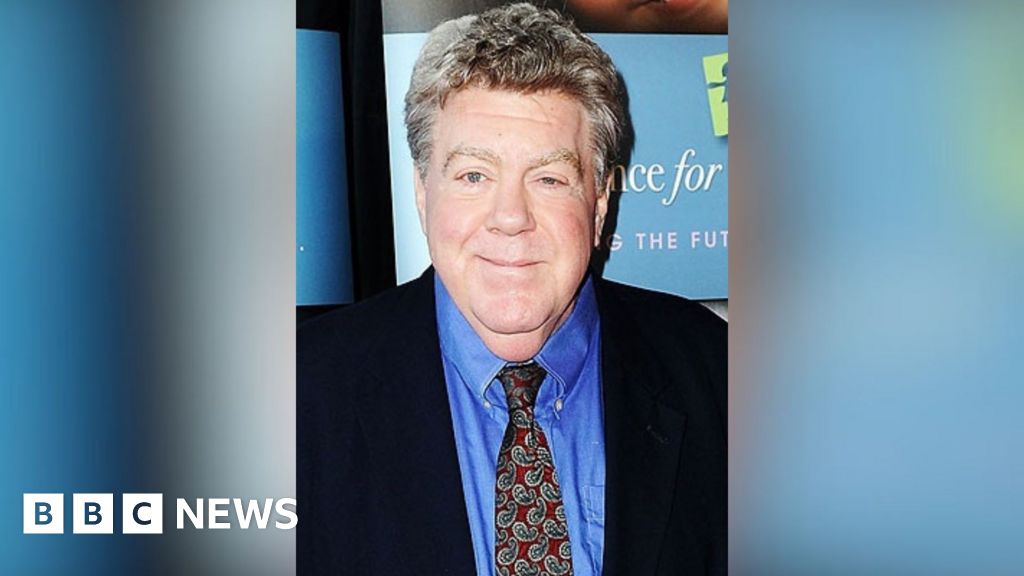

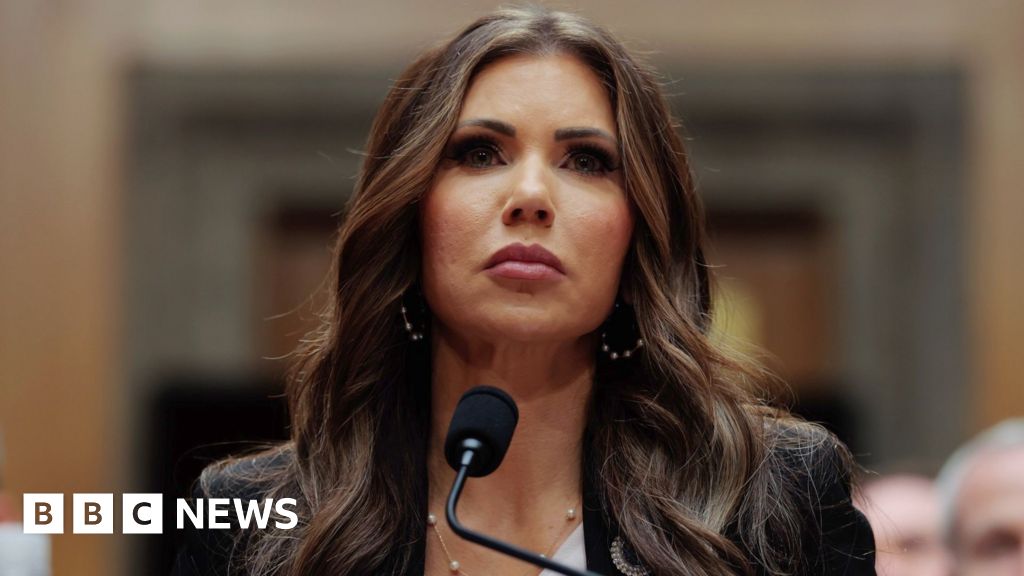





 English (US) ·
English (US) ·